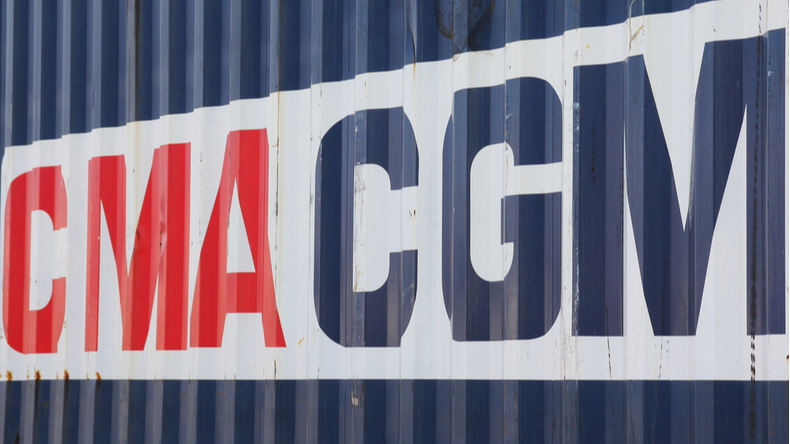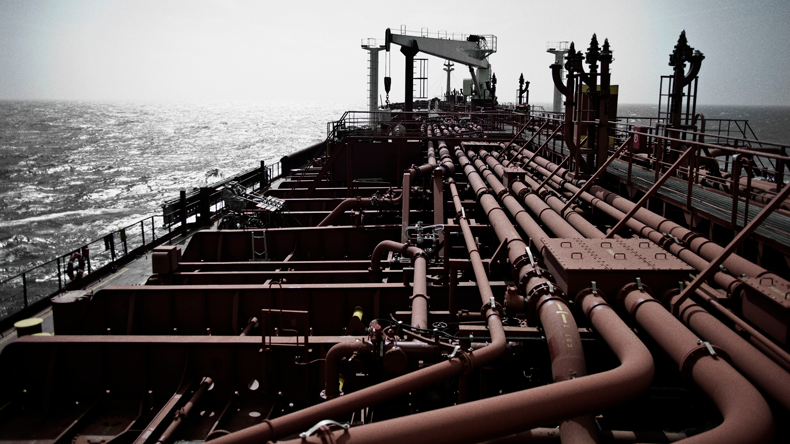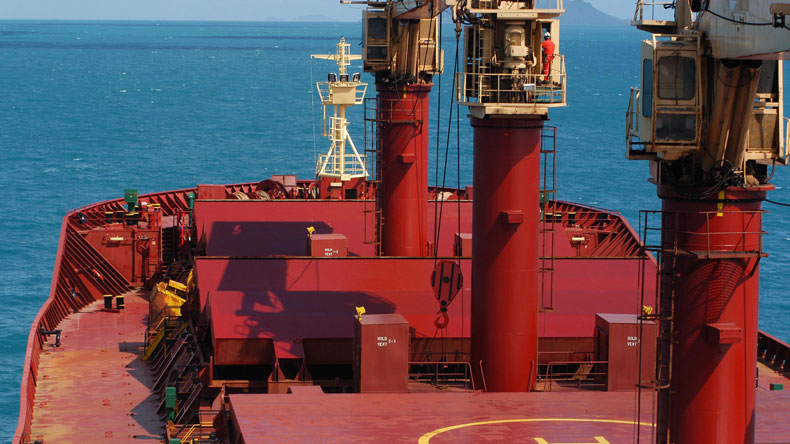Weekly Briefing: Transpacific rates at new high; tanker demolition hits three-decade low
Port congestion emerging on US west coast and in UK as incoming volumes rise; uncertainty over Libya’s return to oil exports
Transpacific box ship demand continues to soar but US regulators appear to have followed China in calling for more tempered rate rises as planned blankings are cancelled. Also, tanker demolition could be the lowest since the early 1990s this year, despite even more pessimistic forecasts on oil demand
THIS weekly briefing provides sector-by-sector coverage of the biggest news and analysis in shipping.
Follow the links within the text to the relevant news items in each market segment
Containers
Container freight rates are never far from the news these days, but the past week at least saw some levelling off as transpacific rates touched new highs for the eighth week in a row.
Pressure from regulators may have been behind carrier moves to temper the general rate increases, but it is also possible that increased capacity as lines cancel planned blankings is easing pressure. But US regulators now appear to be making similar signals to those in China
Nevertheless, surging demand in the US remains a fact of life, driven by retailers restocking inventory after selling down during the peak of the pandemic. This is beginning to take its toll on the US transport infrastructure, with Maersk this week warning shippers to allow more breathing space in their supply chains due to emerging congestion on the US west coast.
But it was not just the US that has suffered. Felixstowe, the UK’s largest container port, is also suffering from congestion and asked shippers to stop returning empty containers.
The problems there were put down to volumes rising by 30% above average levels at a time when container lines were doing stop-and-drop calls and not collecting empties in an effort to keep to schedules.
We couldn’t possibly comment on whether the appointment of former UK transport minister Chris Grayling to a £100,000 per year, seven hours a week advisory role with Felixstowe’s owner Hutchison Ports was in anyway connected, but this is the man who awarded a ferry contract to a company that had no ferries.
On the shipbuilding front, CMA CGM finally got its LNG-fuelled ultra-large containerships into service, with the inauguration of the 23,000 teu CMA CGM Jacques Saadé.
The line has made a commitment to LNG as a transitional fuel, and the industry will be watching closely to see whether this innovative move was a wise decision or an expensive gamble.
A quieter, but potentially as important, launch happened with the introduction of the Cargo Integrity Group’s Quick Guide to the CTU Code.
Poorly packed containers are known to be behind a number of containership casualties, and the grouping of safety focused organisations is putting new momentum behind educating those at the coal face of the supply chain on how to work safely.
Tankers
Tanker demolition is set to hit the lowest level in 29 years, focusing attention on recycling prospects for 2021 as the coronavirus pandemic keeps exports for refined products and crude at much lower than projected levels.
Data from Lloyd’s List Intelligence show that for the opening eight months of 2020, tanker scrapping volumes reached 1.9m dwt on 48 ships of 10,000 dwt or over, according to Lloyd’s List Intelligence.
That puts demolition on track with levels last seen in 1990 and 1991, when 709,000 dwt and 2.2m dwt respectively was scrapped, data shows.
Owners and operators of publicly listed companies have hyped the low scrapping numbers this year, along with the ageing fleet and low orderbook, as factors that will offset any tepid rebound in demand for tankers next year.
The International Energy Agency has lowered its second half of 2020 oil demand forecast for a second consecutive month, largely due to the resurgence of Covid-19 cases around the world and expected increases in home working and air travel restrictions.
This leaves floating storage deployment as the biggest driver of fourth quarter of the year tanker earnings, amid stalling consumption of land and air transport fuels that will deepen crude and refined product contango spreads.
Demand is pegged at 91.7m barrels per day, which is 400,000 bpd below the August estimate and 8.4m bpd lower than the 2019 level. The report makes grim reading for owners and operators of the global fleet of crude tankers, which last year shipped about 50m bpd of the world’s estimated supply of 100m bpd of crude and condensate.
Meanwhile, the second aframax tanker in eight months to load at Libya’s Es Sider terminal remains at anchor even as tentative signs emerge that oil production will resume this month in the north African country after being offline for most of 2020.
The Greece-flagged Minerva Eleonora was chartered by Hess to load an 80,000-tonne cargo on September 10, according to vessel-tracking and fixture information compiled from Lloyd’s List Intelligence.
Although arriving on that date, the tanker has not moved, with the delay reflecting continued political uncertainty. On Saturday, Libya’s national oil company lifted a force majeure on ports and facilities it said were secure. The force majeure has been in place at some ports in Libya since January.
OSM, the Norwegian shipmanager, has agreed to acquire SeaTeam Management, the shipmanagement unit owned by John Fredriksen-backed firms.
OSM said the acquisition from tanker owner Frontline and bulker owner Golden Ocean is expected to be completed in the next 30 days, subject to “definitive documentation”. The announcement follows Lloyd’s List reporting that Mr Fredriksen has recently hired two former fund managers to his private investment vehicle with a mandate to restructure and invest outside of shipping and oil and gas.
At present, Singapore-headquartered SeaTeam manages 51 vessels and has 2,000 employees, while OSM manages about 600 ships and has 15,000 employees, making it one of the largest shipmanagement firms in the world.
Dry Bulk
Intercargo, the dry cargo shipowners association, called for an impact assessment of shipping’s inclusion in the European Union’s Emissions Trading System, saying the mechanism will not contribute towards greenhouse gas emission goals but rather risked a number of negative or counterproductive consequences.
The body underlined how ‘distanced’ European lawmakers were from the realities of the global shipping industry. The criticism follows that of tanker association Intertanko and other international shipping bodies.
Danish owner and operator Norden revised up its full-year earnings guidance to $70m to $110m due to a strong performance in the company’s dry operator unit. That compares with a previous guidance of $40m to $80m.
Diana Shipping sold a 14-year old panamax as it continues to divest older tonnage. The US-listed bulk carrier owner, which divested six vessels last year, has four more vessels that are older than the 2006-built Coronis.
It will use proceeds of sales to bolster reserves or repay debt as it girds itself against the effects of the coronavirus backdrop.
In markets news, Southeast Asian demand is driving growth for dry bulk commodities such as coal and agribulk, with shipments up 15% year on year in the first eight months, according to Braemar ACM.
Most of the shipments went into Vietnam, Thailand, Indonesia, Malaysia and the Philippines. One broker described this region, which is expected to see positive economic growth this year, as the new China.




